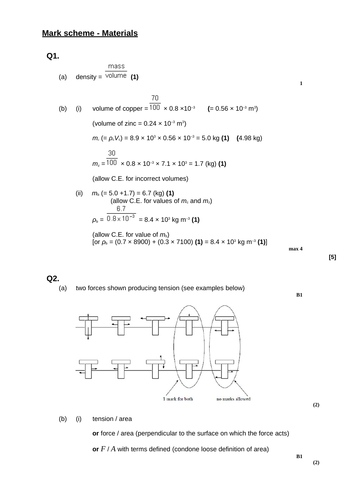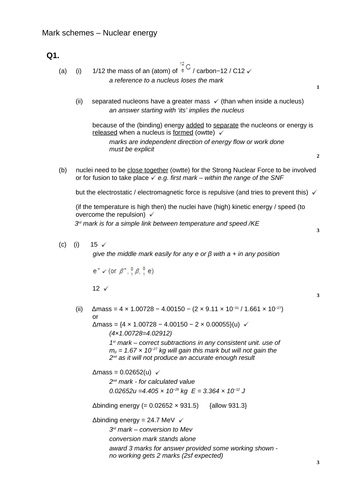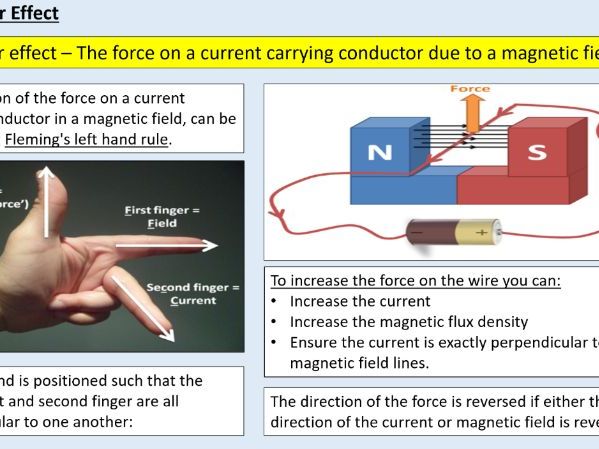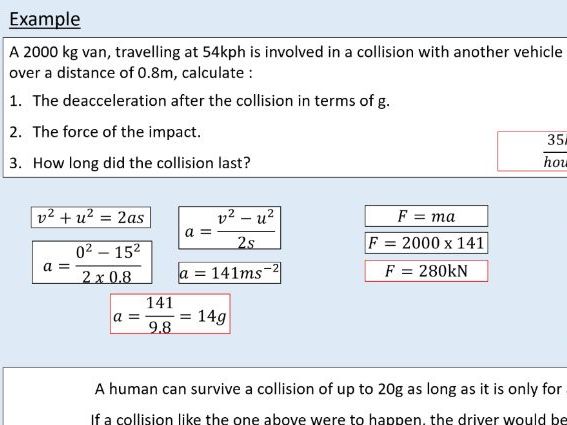ThePhysicsmaster's Shop
Studying physics unlocks the rules of the universe. Through many years of teaching, I have carefully designed a set of lessons to guide students to unlock and master this knowledge. Each lesson contains recall questions, an explanation of key concepts in a logical order, modelled examples to help guide students through answering questions, and practice questions for them to apply the knowledge themselves. All lessons are complete, fully animated, and contain fully worked answers.





















